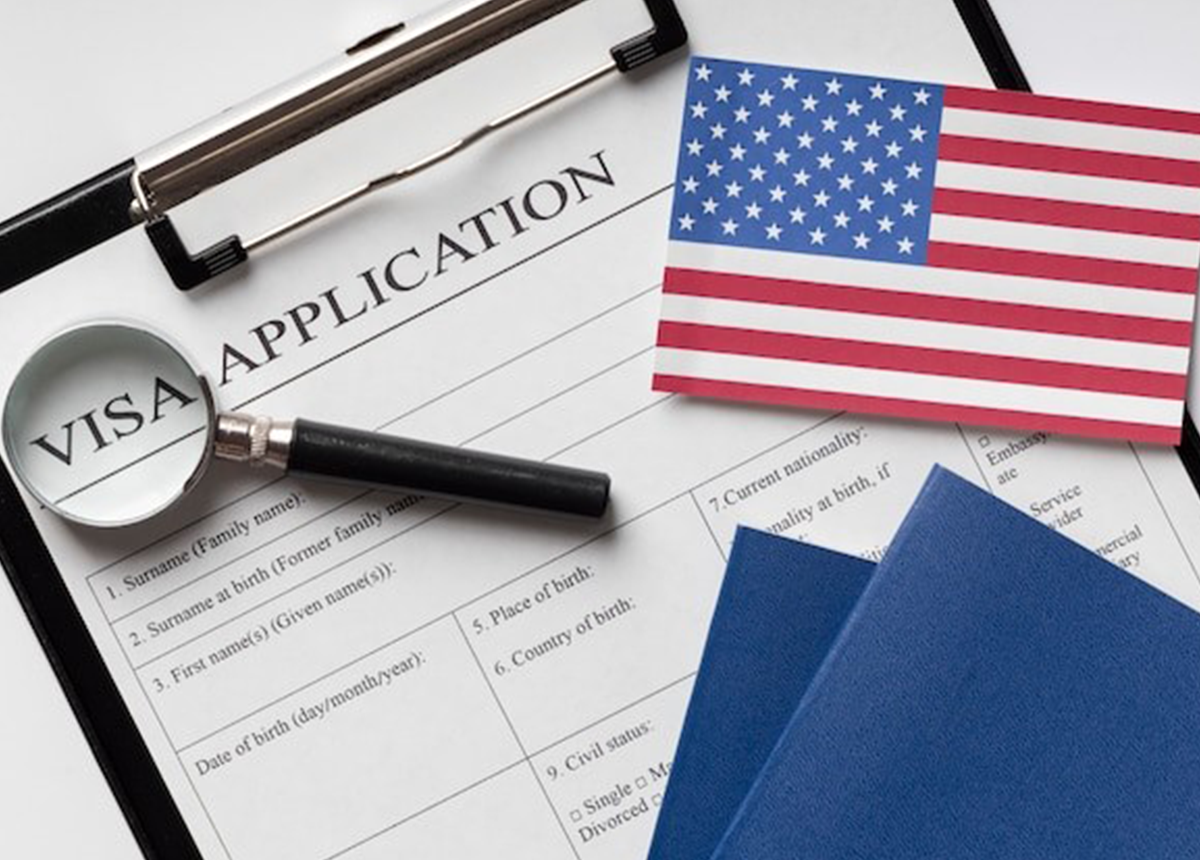Services
Family Based Immigration
To reunite families, U.S. immigration law provides two different types of immigration family petitions: Immediate relative petition and a preference category petition
A. Immediate relative petition: visas are always available. A U.S. citizen or Lawful Permanent Resident (LPR) may petition for certain family members to receive either a green card, a fiancé(e) visa or a K-3/K-4 Visa based on their relationship. U.S. citizens may petition for their “immediate relatives” Spouses of U.S. citizens, children unmarried and under 21 of U.S. citizens, Parents of U.S. citizens who must be 21 or older
B. A family preference immigrant petition: visa would be available depending on visa preference Category, their priority date, which is a received date of, submitted I-130, Family Petition is “current”, beneficiary’s country of birth, since the demand for family preference visas exceeds the supply, beneficiaries are assigned priority dates and must wait until their priority date is “current”.

Family Based Preference Category
- Unmarried Sons and Daughters of U.S. Citizens: (F1)
- Spouses and Children of Permanent Residents: (F2A)
- Unmarried Sons and Daughters (21 and Older) of Permanent Residents: (F2B)
- Married Sons and Daughters of U.S. Citizens: (F3)
- Brothers and Sisters of Adult U.S. Citizens: (F4)
Spouses and children of F3 and F4 beneficiaries, and children of F1 and F2B beneficiaries may be listed as derivative beneficiaries on an immigrant petition. Each principal and derivative beneficiary, however, will need to file his own visa application or adjustment of status application.

Employment Based Immigration
EB-1 Priority workers for ones with an extraordinary ability engaged in the arts, sciences, business, education or athletics and outstanding professors and researchers
- Multinational Executives and Managers
- Foreign Nationals of Extraordinary Ability
EB-2
Professionals holding advanced degrees and persons of exceptional ability
- Workers with Advanced Degrees: Master’s degree or A bachelor degree plus five years of progressive experience in the professions
- Exceptional Ability in the arts, sciences, or business
EB-3
Professionals (EB-3), Skilled Workers and Unskilled Workers
EB-4
Religious Workers (EB-4)
EB-5
Immigrant Investors and entrepreneurs
Schedule A Workers
Registered nurses and physical therapists
Non-immigrant Visas
This is for Applicants having a residence which he or she has no intention of abandoning during the period of the alien’s stay in the US except for L-1, H-1B, P. If you want to change your non-immigrant status to a different non-immigrant category before your current non- immigrant status is expired. If USCIS does not make a decision by the date the I-94 expires then your lawful non-immigrant status ends and you are out of status. If your application for a change of status is approved, the approval will relate back to the date your Form I-94 expired, and your status during the pendency of your application will then be deemed to have been lawful. Alternatively, if your application is denied you will be required to depart the United States immediately. Derivative non-immigrant (your spouse and children) were given non-immigrant visas based on your nonimmigrant status.

Visas for Business Visitors (B-1): a short duration of business purpose for up to six month normally no longer than 3 months
The B-2 Tourist Visa: is a category for a tourist and prospective F-1 students. Application is made directly at a US consulate.
E-1 Treaty Trader Visas: Individuals who are citizens of a treaty country to enter the United States in order to engage in international trade activities to facilitate trade between the United States and treaty countries, thereby promoting economic and cultural ties between nations. “Substantial trade” is generally defined as a significant and continuous flow of international trade between the United States and the treaty country. “Principal trade” can be established when more than 50% of the volume of international trade of the individual treaty trader is between the United States and the individual’s treaty country of nationality.
E-2 Treaty Investor Visas: Employees of the enterprise who are working in management, executive or “essential” positions are also eligible for the visa. The E-2 visa is an excellent option for entrepreneurs starting or purchasing businesses in the U.S and can be renewed as long as the business continues to operate.
Visas for Students (F-1): Students of full course of studies normally 12 semester
Visas for Professionals (H-1B): Specialty occupation workers at least a bachelor’s degree or its equivalent holder in specialty occupations up to a total of six years
J-1 Exchange Visitor Visas: An exchange visitor program mainly for students and trainees undergoing practical training. The spouse or child of the principal applicant must enter the country with a J-2 visa, and if the dependents of J-1 Visa holder are not planning to live in the United States and just want to visit for a while, they can enter the U.S with a visitor visa (B-2)
If J-1 Visa holder wants to change of status in the U.S., they need to take a close look at “THE TWO-YEAR HOME COUNTRY PHYSICAL PRESENCE REQUIREMENT” on their Visa.
Visas for Intracompany Transfers (L-1 Visas)
- L-1A: Intercompany transferees in Executives and Managers may stay in L-1 status for up to seven years.
- L-1B: Intercompany transferees in Specialized knowledge may stay in the US for up to five years.
The EB-1 Multinational Manager/Executive category for employment-based green cards closely resembles the L-1A visa category. The green card requires a showing of all of the same evidence. The main additional requirement is that the US operation be in existence for at least a year. The category is very popular because applicants can avoid the onerous labor certification process.
Visas for Foreign Nationals of Extraordinary Ability (O-1 Visas): Highly talented or recognized individuals such as artists, athletes, scientists, educators, entertainers and business people.
- O-2 visas are for aliens accompanying O-1 aliens in the arts or athletics
- O-3 visa is for dependents of O-1 and O-2 visa holders.
Visas for Artists, Athletes and Entertainers (P-1): Entertainment groups and athletes who have achieved national or international recognition unlike O-1 or the H-2B of individual artists and entertainers
Visas for Religious Worker (R-1 Visa): A religious worker to be employed by a nonprofit religious organization for a period of three years and may be extended for an additional two years.

